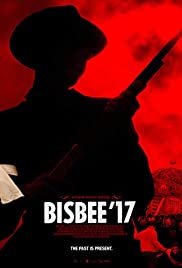
It’s 2017 in Bisbee, Arizona, an old copper-mining town just miles from the Mexican border. The town’s close-knit community prepares to commemorate the 100th anniversary of Bisbee’s darkest hour: the infamous Bisbee Deportation of 1917, during which 1,200 striking miners were violently taken from their homes, banished to the middle of the desert, and left to die. Townspeople confront this violent, misunderstood past by staging dramatic recreations of the escalating strike. These dramatized scenes are based on subjective versions of the story and “directed,” in a sense, by residents with conflicting views of the event. Deeply personal segments torn from family history build toward a massive restaging of the deportation itself on the exact day of its 100th anniversary.
You May Also Like
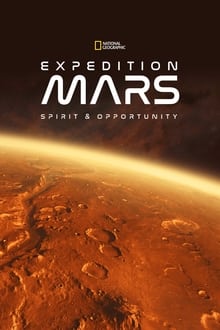
Expedition Mars brings to life one of the greatest sagas of the Space Age, the epic adventures of Spirit and Opportunity, the rovers that saved NASA’s Mars program after a string of failures in the 1990’s.

The story of the extraordinary artisans and designers who contributed to the construction of a dream.

In 1960, United Nations: the Global South ignites a political earthquake, musicians Abbey Lincoln and Max Roach crash the Security Council, Nikita Khrushchev bangs his shoe denouncing America’s color bar, while the U.S. dispatches jazz ambassador Louis Armstrong to the Congo to deflect attention from its first African post-colonial coup.
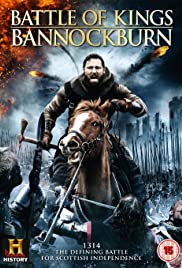
By 1314, through effort and intrigue, Scottish King Robert Bruce had captured every major English-held castle except Stirling. Now English King Edward II would try to stop him – and subdue the Scottish rebellion forever. This is the story of the pivotal campaign culminating at the decisive Battle of Bannockburn, in the shadow of Stirling Castle. Today as Scotland contemplates a countdown to a referendum for renewed Scottish independence, we search the hearts and minds of the characters whose efforts at the Battle of Bannockburn would build a nation. Filmed in the style of 300 and Sin City and with intense and bloody battle scenes, we bring to life one of the most iconic times in Scottish history.

Pablo needs to stop smoking. Why? Because his wife, family and doctor say he should. But Pablo is a stubborn man. He has worked in the mercury mines of Almadén, Spain, risking his life daily. He has had five severe heart attacks and smoked 20 Winston’s a day since he was 12. Now in his seventies, Pablo spends most of his day in front of the TV, surrounded by a cloud of smoke, with his back turned firmly towards a village that has lived through better times. Pablo represents the last generation of Almadén mercury miners, an age-old profession with over 2,000 years of history. Through a straightforward depiction of life’s everyday moments, Pablo’s Winter explores the decay of the local mining culture, but above all, pays homage to its real protagonists: the miners and their families.
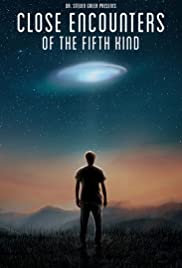
Dr. Steven Greer’s previous works, SIRIUS and UNACKNOWLEDGED, broke crowdfunding records and ignited a grassroots movement. CLOSE ENCOUNTERS OF THE FIFTH KIND features groundbreaking video and photographic evidence and supporting interviews from prominent figures such as Adam Curry of Princeton’s PEAR Lab; legendary civil rights attorney Daniel Sheehan, and Dr. Russell Targ, who headed the CIA’s top secret remote viewing program. Their message: For thousands of people, contact has begun. This is their story.

In Defense of Food tackles a question more and more people around the world have been asking: What should I eat to be healthy? Based on award-winning journalist Michael Pollan’s best-selling book, the program explores how the modern diet has been making us sick and what we can do to change it.

For centuries, humans have sought to express beauty in architecture and art, but it is only recently that neuroscience is helping to determine how and why beauty plays an important role in our wellbeing. Architects and neuroscientists are embarking on a new field of study in which subliminal responses to one’s built environment may influence the future of design. Experts argue that positive subliminal reactions lead to a pleasurable experience, one reminiscent of a powerful meditation session. The question remains: what makes a building beautiful – or more specifically, which elements of the built environment does the brain recognize as beautiful? Narrated by Martha Stewart.
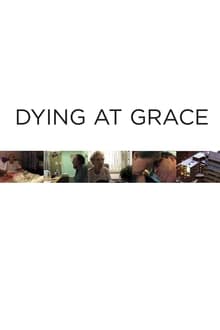
This film is about the experience of dying. Five terminal patients in a Palliative Care Unit share the last days of their lives and deaths with a film crew.

This collection of David Lynch’s short films cover the first 29 years of his career. Each film is given a special introduction by the director himself. His earliest underground films Six Figures Getting Sick (1966), The Alphabet (1968), The Grandmother (1970) and The Amputee (1974) are showcased as well as two requisitioned works well into his successful career The Cowboy and the Frenchman (1988) and his addition for Lumière and Company (1995).

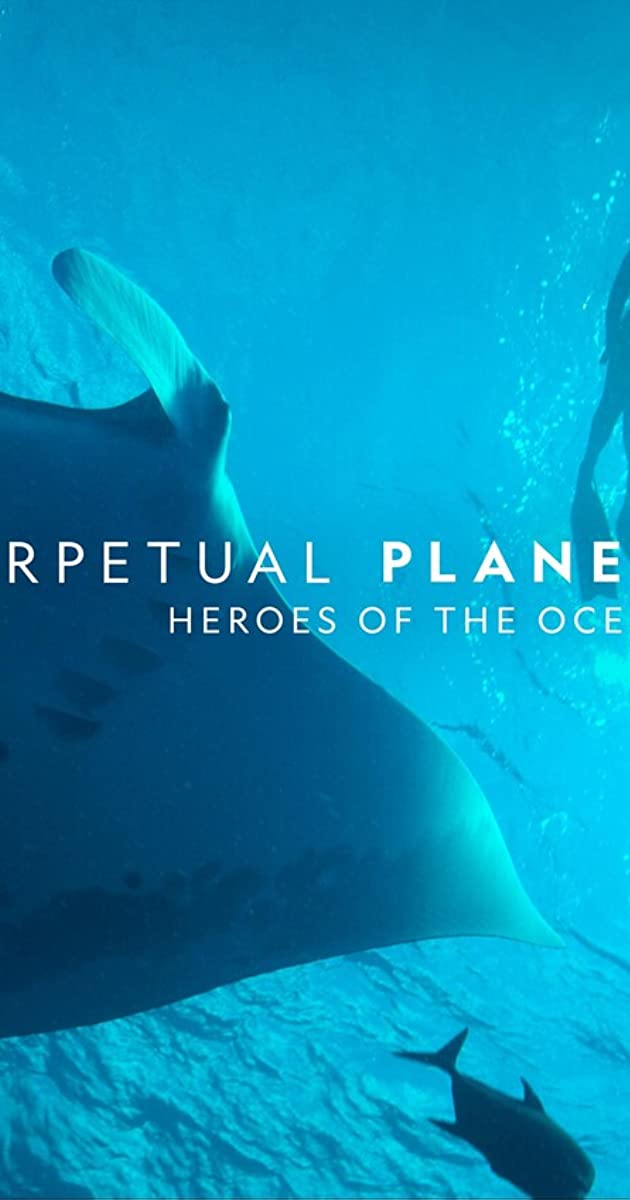
Legendary oceanographer Sylvia Earle and a cast of pioneering marine scientists tell the story of the incredible work being undertaken across the planet to protect the fragile ecosystem of our oceans.